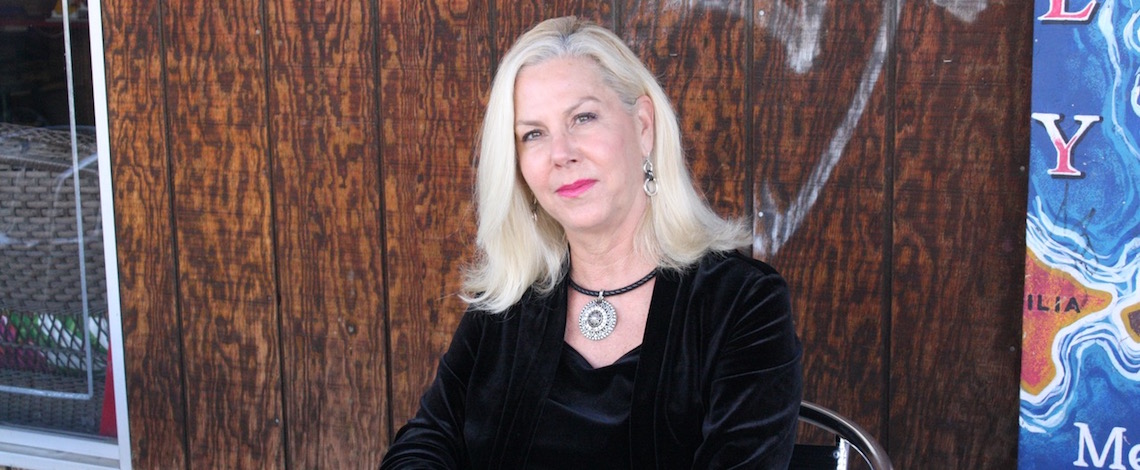
Fresno inventor Paula Reinhardt has licensed her first invention, a vacuum tool used to clean up other vacuums. Photo by Donald A. Promnitz
Written by
A Fresno woman has received a license for one of her products, which is now being built and prepared for release next year.
The creator, Paula Reinhardt, said that her invention, a vacuum-cleaning tool that cleans up other vacuums in seconds, is being manufactured in China. Release for the yet-unnamed product will be available between February and March 2018, just in time for the trade show circuit.
Coming from a sales background that she gave up for family, Reinhardt stated that she has been a longtime inventor, while her husband does the building.
“I’ve been an inventor for years, and I was a stay-at-home mother with my children, but I was always inventing, but I would just keep it in a box,” Reinhardt said. “I call it my ‘prototype box’ with all my prototypes in it, and one day I just decided that I need to figure out what to do next, and it’s really difficult… that journey if you don’t have a mentor or some help.”
For mentorship and help, Reinhardt turned to InventRight, a team that teaches inventors how to license their products and get them to market. She was coached by Ryan Diez, the creator of the Woof Washer 360, a hand-held device for washing dogs.
To start, Reinhardt had to outline what her product is and give it a (working) name. She had to create a sell sheet to present to companies. Reinhardt also made a promotional video.
“On licensing, you have to be very professional because all of the people that you’re going to be submitting your ideas to, they probably get thousands and thousands of these guys that say: ‘Hey, I got a great idea,’ and that’s it,” Reinhardt said. “They have no idea how the process works, so if you know the correct process, they’re going to take a look at you right away.”
The next step was finding a company. Narrowing down the industry that the invention belongs in is part of this process, and Reinhardt said that a list of 30 companies is desirable. Even when a company does take interest they could back out, so it is ideal to keep searching, and to research the potential buyers.
Eventually, Reinhardt found a potential buyer. After pitching her product in a meeting that she described as being akin to the program “Shark Tank,” she said they liked what they saw.
“She’s courageous and brave — bringing a product to market is not easy,” said Stephen Key, co-founder of InventRight. “And I’ve seen her go through all the steps and I’m very proud. Part of the process wasn’t easy, but she got through it.”
When she was unsatisfied with an initial deal, however, Reinhardt walked away, a risky move.
“She was brave enough to walk away,” Key said. “And you don’t see that very often.”
Despite the setback, Reinhardt was able to license her product to the Malish Corp. in Mentor, Ohio. Still interested in helping, the previous company offered its support, even going so far as to invest in the tooling, which Reinhardt credits to never burning bridges.
It is her first invention to receive licensing, but now she’s interested in returning to her prototype box.
“Now that I know the process, it’s going to be a breeze,” Reinhardt said.








